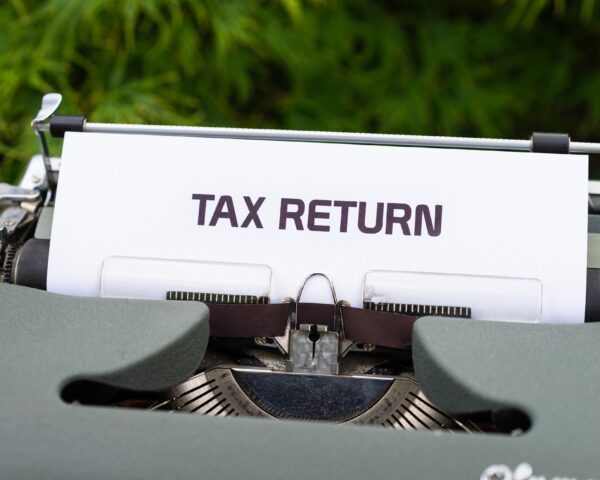Keeping on top of your companies’ deadlines for filing and tax payments is hard work. With so many elements to coordinate and keep track of, it’s easy for deadlines to slip through the cracks – which may lead to penalties, fines and other issues.
That’s why it’s so important to stay on top of your deadlines and plan around the key dates for the coming business year.
What are the key deadlines for the coming year?
To help you effectively plan and manage your company deadlines, we’ve put together a list of the key dates for you to factor into your planning and avoid those costly penalties.
Company-specific Deadlines:
- File your first year accounts with Companies House – 1 year and 9 months (to the specific day) after your company’s incorporation date.
- File your annual accounts at Companies House – 9 months after your company’s financial year-end.
- Pay your corporation tax – or tell HMRC you don’t owe any – 9 months and 1 day after your accounting period for corporation tax ends. (Note: if your accounting period is longer than 12 months, the first deadline is 21 months and 1 day after the accounting period started, and the second one is 9 months and 1 day after the accounting period ends).
- File a Company Tax Return – 12 months after your accounting period ends.
- Submit your VAT return – 1 month and 7 days from the end of your VAT period.
- Make VAT payments – 1 month and 7 days from the end of your VAT quarter (1 month and 10 days if payment is by Direct Debit).
General deadlines:
- End of personal/payroll tax year – 5th April
- File P35 (Employed Annual Return) and P14 – 19th May
- Provide P60 to employees (for previous tax year) – 31st May
- Employment related securities (ERS) schemes registered (for previous tax year) – 6th July
- ERS Annual Return (for previous tax year) – 6th July
- Enterprise Management Incentives Scheme notice of options granted – Within 92 days of grant
- Submit P11D, P11D(b) and P9D returns (for previous tax year) – 6th July
- Pay Class 1A National Insurance contributions to HMRC (for previous tax year) – 19th July
- Make second payment on account for personal tax – 31st July
- Submit self-assessment tax return (if filing paper copy) – 31st October
- Make first payment on account for personal tax and balancing payment for previous year – 31st January
- Make Capital Gains Tax payment – 31st January (30 days after completion for gains re residential property)
- Final date to submit self-assessment tax return online for personal tax – 31st January
- PAYE and National Insurance Payments due – 19th calendar day of the month after the end of the month or quarter, as applicable (22nd for electronic payments).
For example; many people will think of payroll month 9 as being Dec when, actually, it runs up to 5th Jan. This makes a difference when running weekly payrolls. PAYE payments would be due on 19th/22nd Jan.
For a full breakdown of limited company compliance requirements, check the HM Revenue & Customs website here.
Talk to us about planning your company deadlines
Coping with company deadlines shouldn’t be a huge chore when they’re managed in the correct way.
When we carry out activities for you, such as payroll processing, we’ll monitor all necessary deadlines – though do bear in mind you are legally responsible for these deadlines being met, and for any penalties if deadlines are missed.









